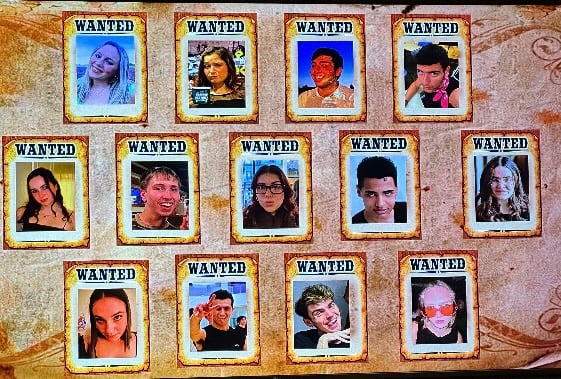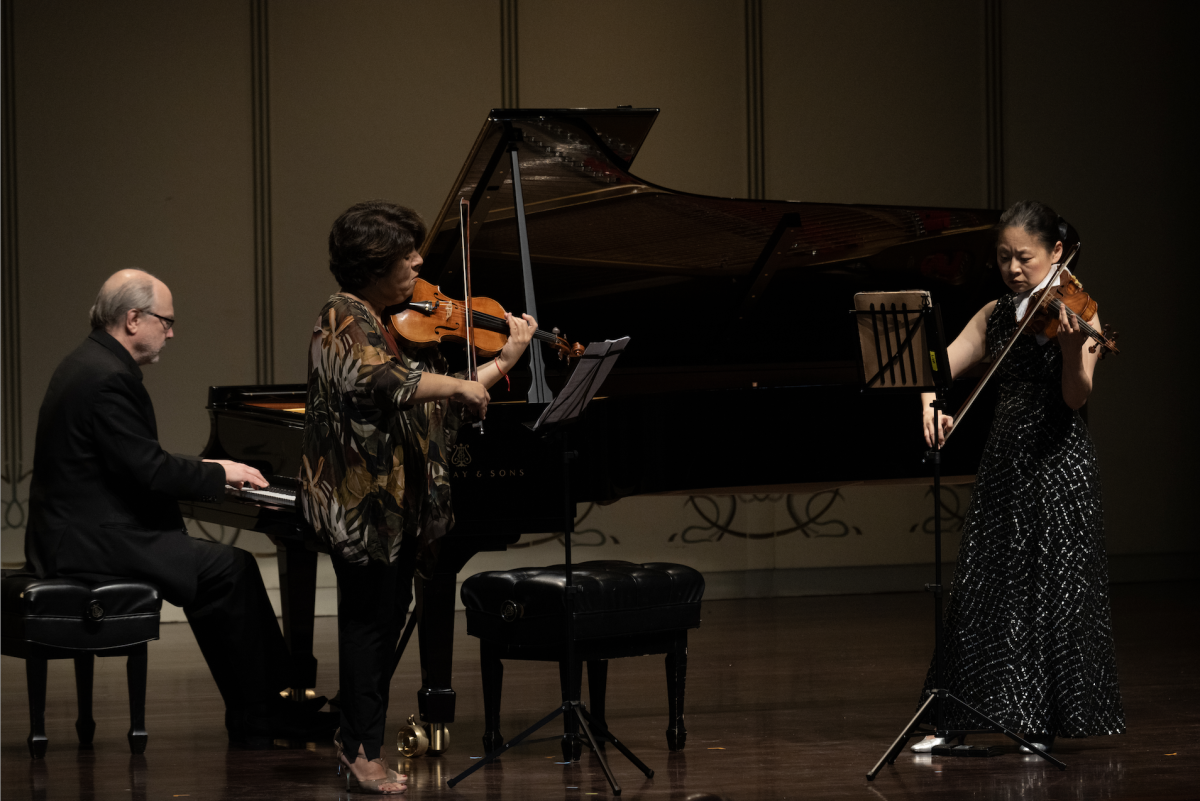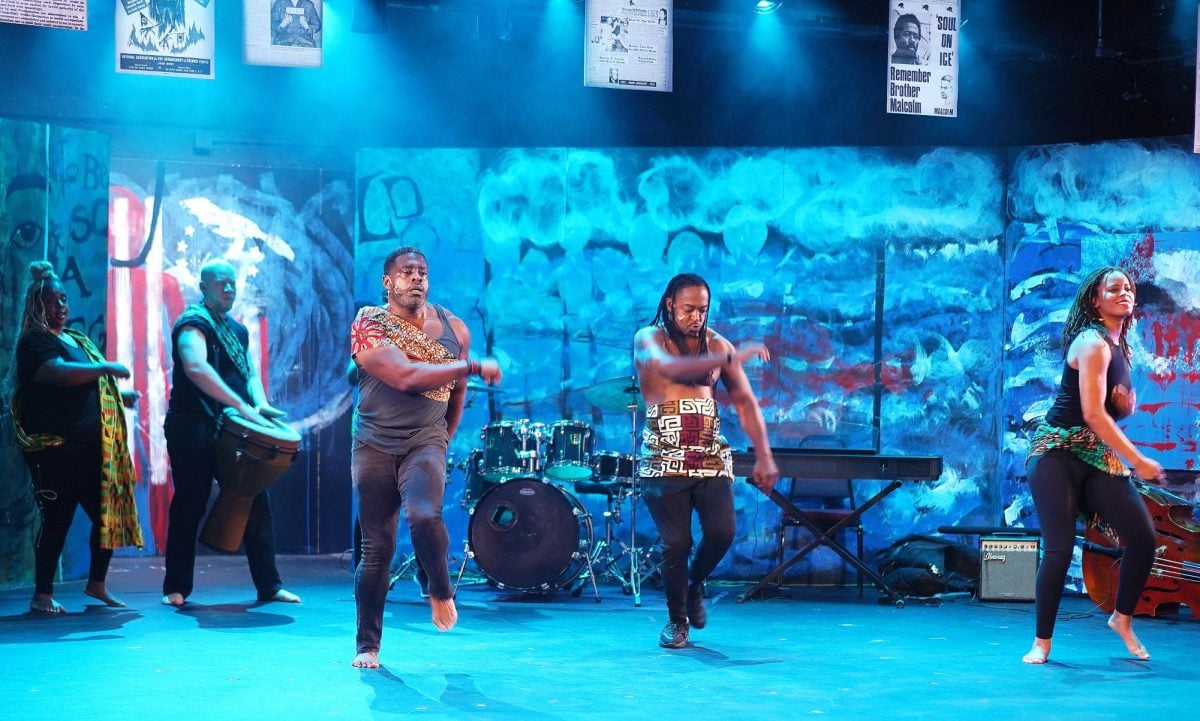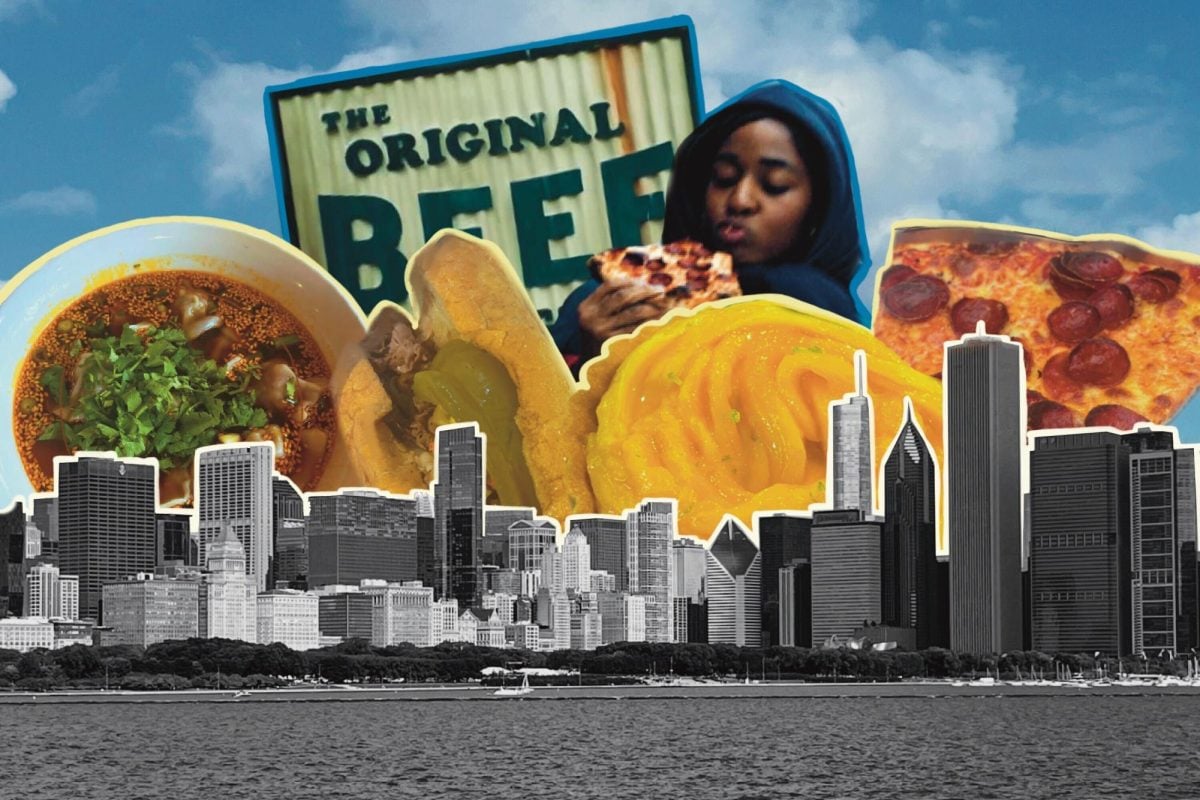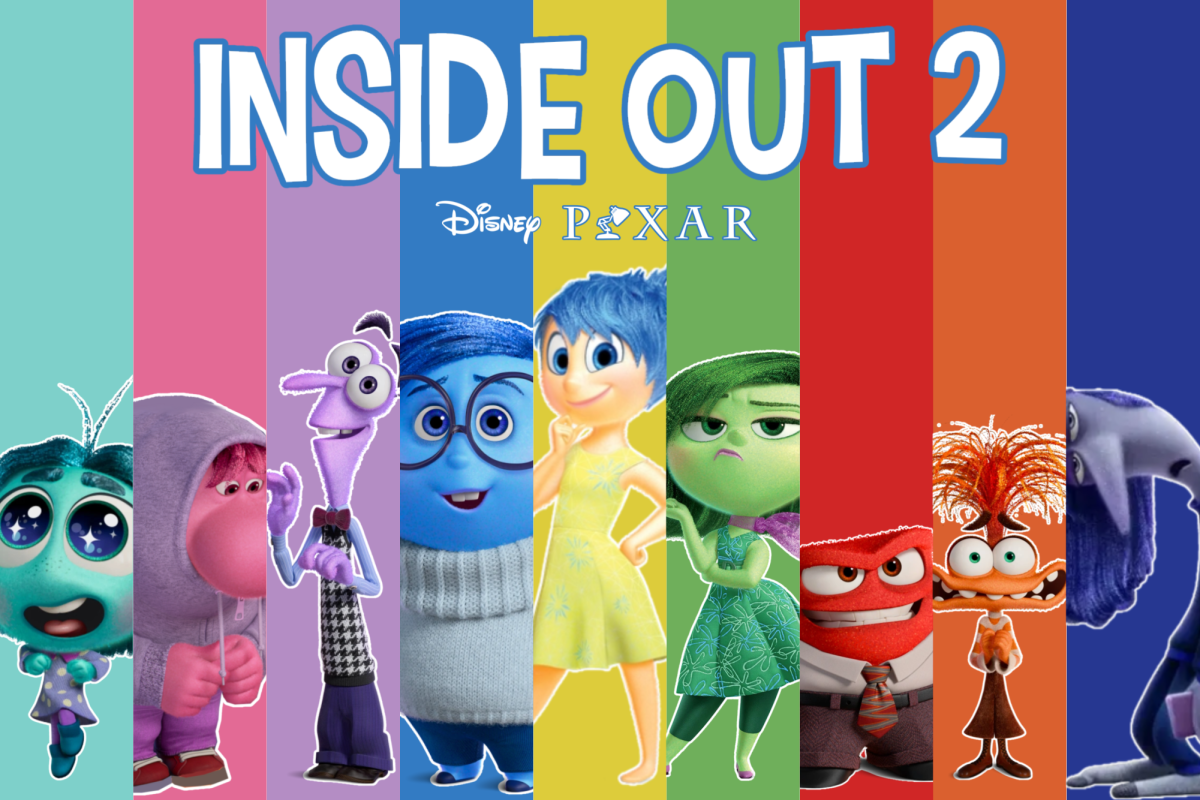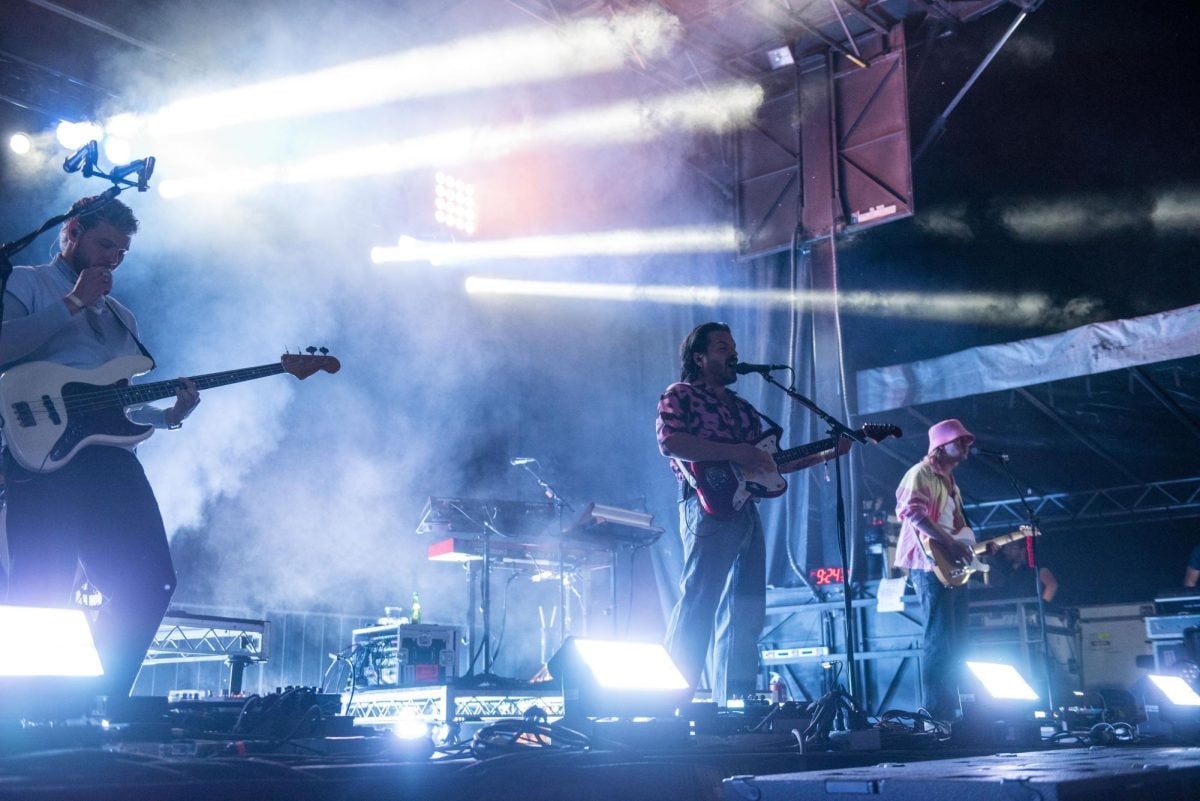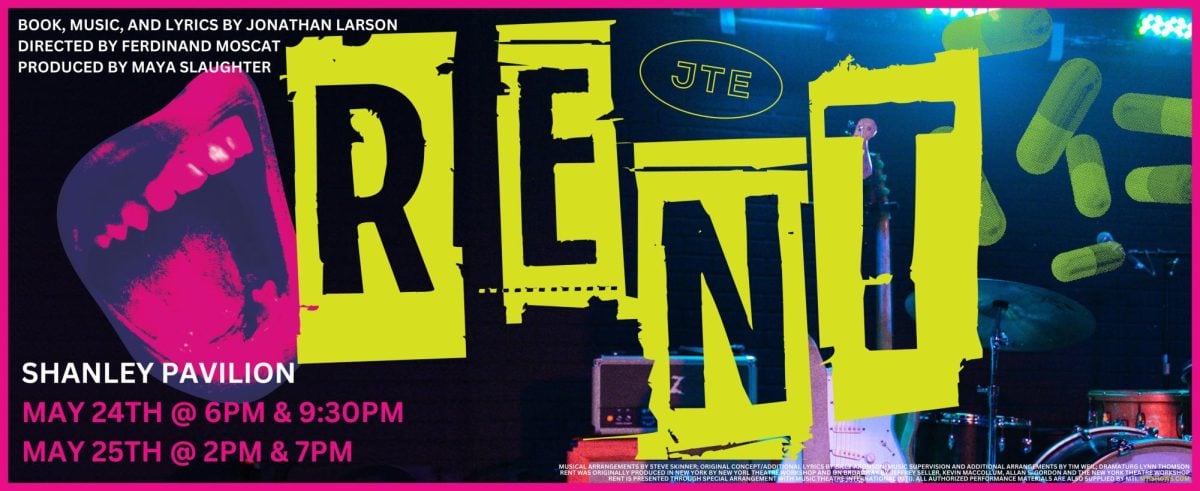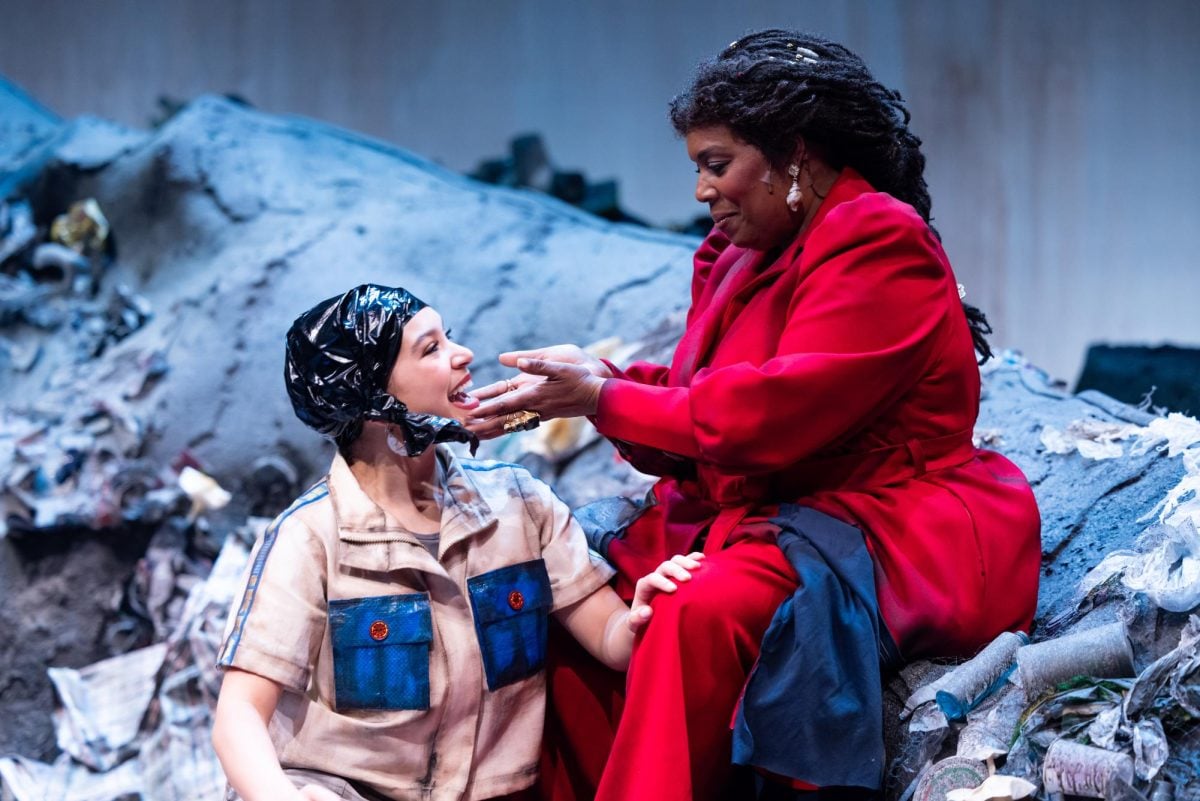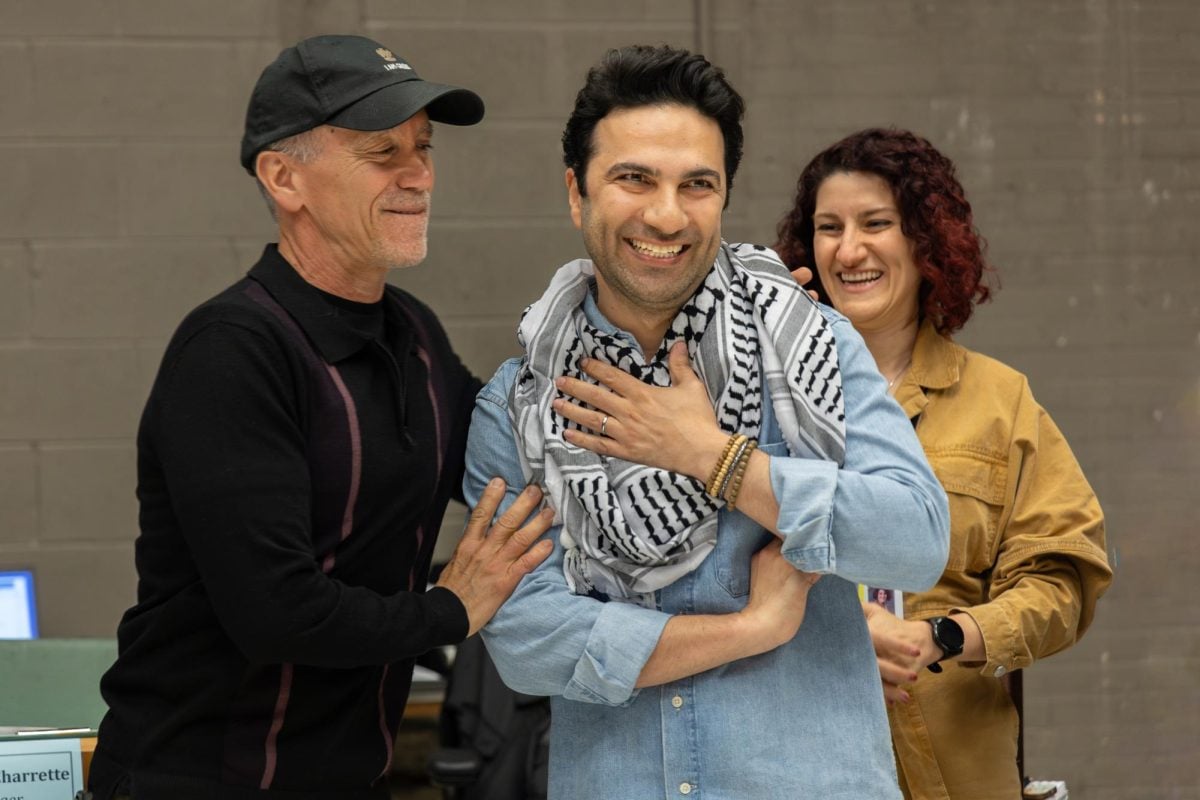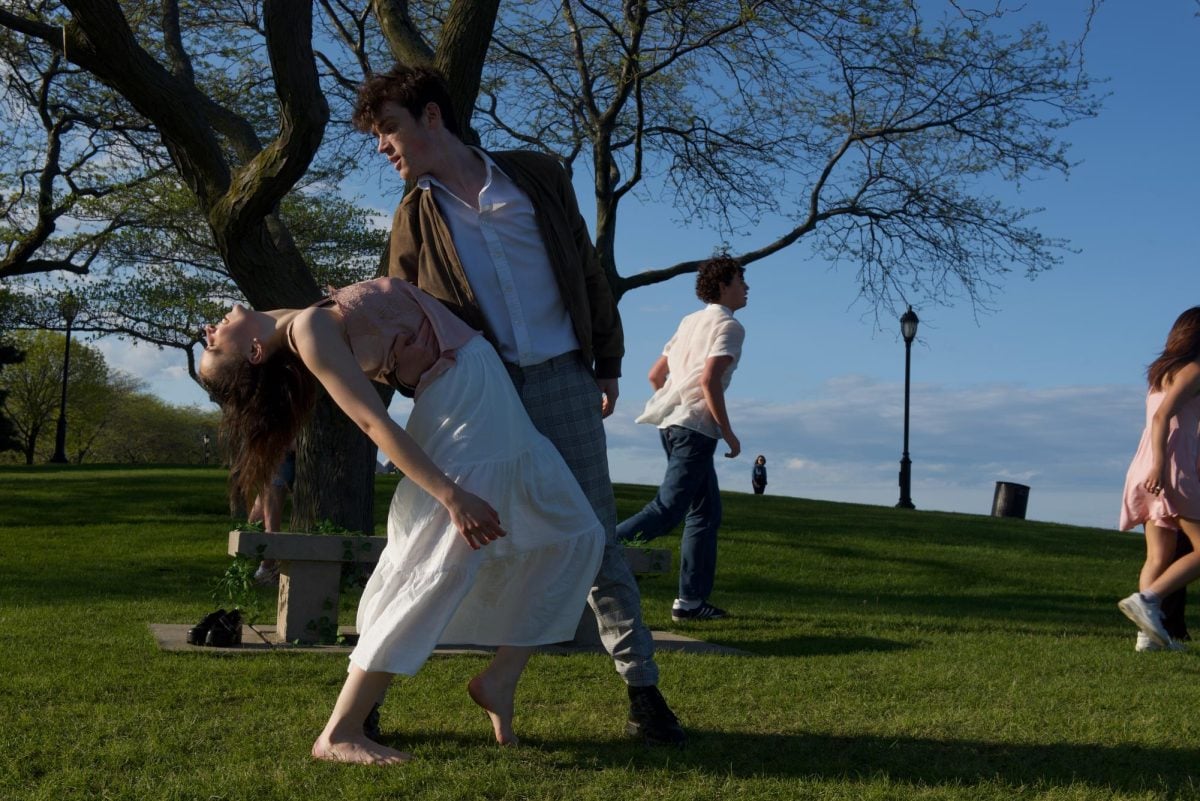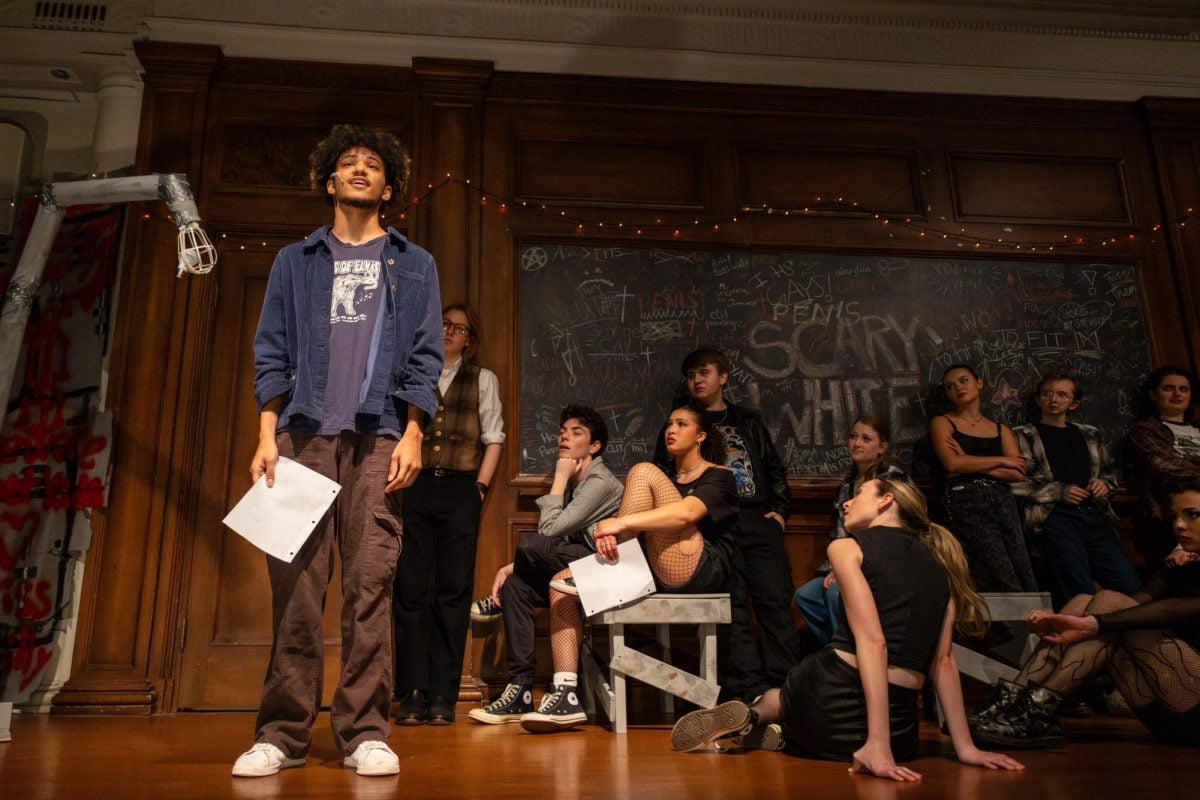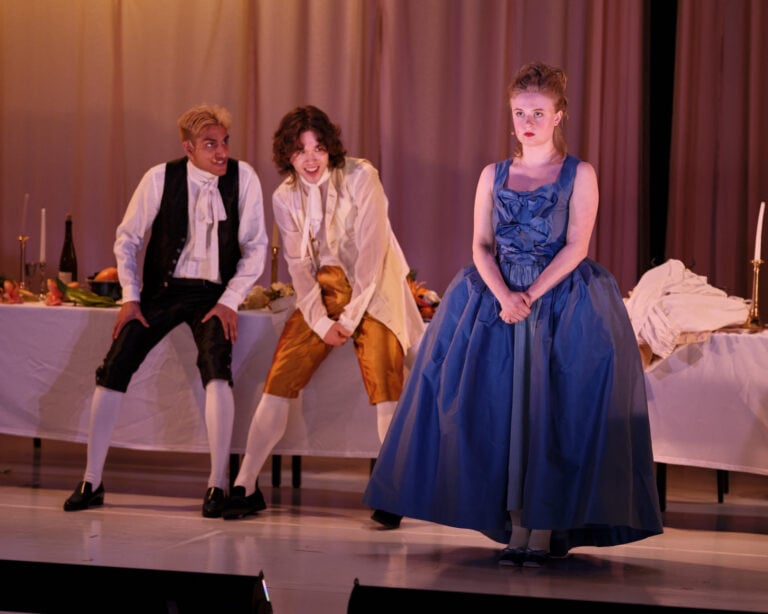Ever since he was young, Communication junior Drew Slager has had two great loves: theatre and reality television competition shows.
To reconcile these passions at Northwestern, Slager turned an idea “mentioned out of the blue” into a reality. In the spring of their freshman year, Slager created a game of “Big Brother” for about a dozen of his theatre friends. “Big Brother” is a reality television show where about 20 strangers are locked in a house for several months, competing in challenges and trying to survive elimination until only one contestant remains.
Since that first game two years ago, there have been 10 “seasons” and over 60 contestants, according to Big Brother Northwestern Wiki.
“I love planning all the twists and turns,” Slager said. “I love seeing how dedicated some people get for (the game). It’s just the thing I throw around with my friends to have fun at the end of quarters, and it’s definitely grown a lot.”
A traditional game of “Big Brother” takes months, but Slager’s typically take about four hours. Slager typically organizes one per quarter when people’s schedules clear during the Reading Period or finals week, they said, but they have sometimes held two in the Fall Quarter to welcome everyone back to school.
Slager also said they pick a theme and design a logo for each season. Past themes include Wild Wild West, Around the World and, most recently, Heroes vs. Villains. The theme sometimes influences the challenges, especially the puzzles. However, Slager said they try to have a variety of physical, mental and luck-of-the-draw competitions.
“I don’t want it to be fine-tuned to just one particular skill,” they said. “I want everyone to have an equal shot at being able to win any of the challenges.”
Slager said this equal opportunity is especially important because “Big Brother” is a game of power, and when you win challenges you have more influence on who gets eliminated, or, “evicted.”
Communication junior Lili Tarnopol, who was the second person voted out of season one but has returned three times and made the finals twice, said the games can get quite competitive. She said just like in the real show, some players turn to strategy and deception to give themselves a better chance of winning.
“I had all these alliances and they all ended up being fake,” Tarnopol said. “I was like ‘All my friends are such good liars.’”
Communication sophomore Aiden Kaliner, the winner of season seven, agreed, noting the game can get “messy” when contestants are fighting to win. Kaliner said his strategy was to lay low, keep the target off his back and rely on his alliances to help him win the final jury vote that decided the winner.
Slager, Tarnopol and Kaliner all said, however, that at the end of the day, everyone remains friends despite the blindsides and backstabbing.
In season four, Slager decided to flip roles and play, rather than organize. They said they gained a deeper appreciation of the friendly competition and strategy of the game by experiencing the drama firsthand.
“Being on the other side of the table was very stressful,” Slager said. “I didn’t realize how intense (the game) could be, but I made it pretty far and I had a great time — and that was super exciting.”
Slager said they are not hosting season 11 this spring because he wants to try again to win one himself.
Slager has also created two spin-off games, “The Traitors” last fall and “The Challenge: Campus Crawl,” which began in early April and is still underway. In these games, the strategy and eliminations all happen through text across several weeks.
“I love the texting games because … I don’t have a good poker face, so anyone can totally read me,” Communication junior Becker Spear said. “I feel like over text, it’s much easier to put up that kind of wall and facade and be able to do some sneaky s–t.”
The “Big Brother” games have become increasingly well known around the theatre community with every passing season — Tarnopol was shocked when her adviser mentioned the game in passing during a meeting, she said — and Slager said they are committed to bringing in new people from both within and outside the School of Communication.
“I feel like the games I host, everyone kind of knows each other in advance,” they said. “But I would really look forward to doing (a game with) people who don’t really know each other and are from all different backgrounds, majors, schools and years.”
Email: [email protected]
X: @dpsamson_
Related Stories:
— The 93rd annual Waa-Mu Show ‘Taken Away’ makes ambitious choice with trilogy structure
— Vibrant Colors Collective’s ‘Shikhandi’ to reenact origin of first nonbinary Indian myth figure
— Q&A: Communication alum Nolan Robinson talks co-producing ‘The Wiz’ on Broadway











